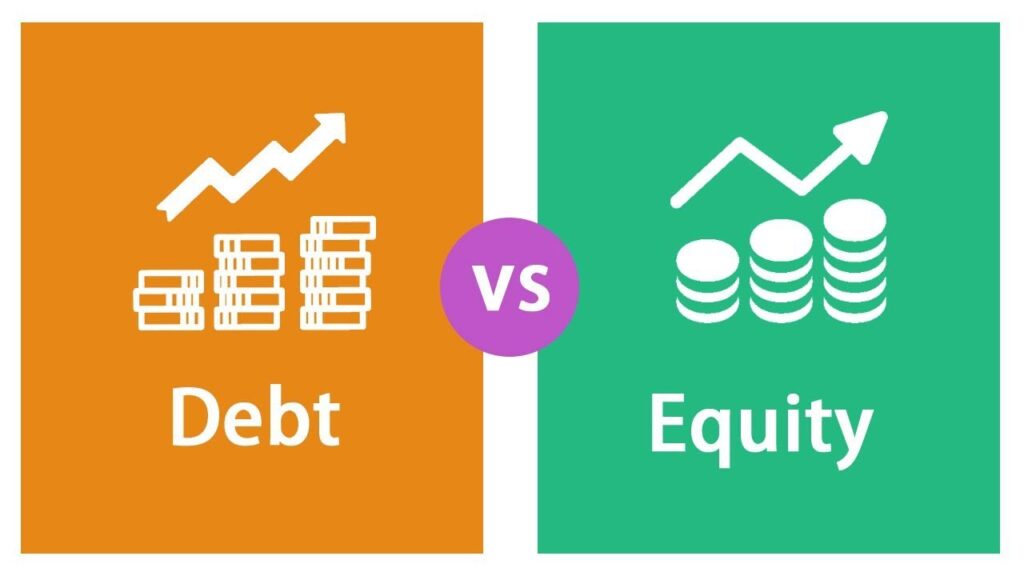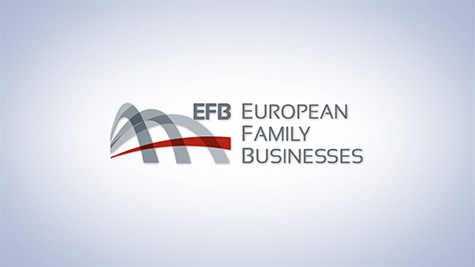EFB and ELO response to the consultation on family farming

EFB and ELO, the European Landowners Organisation, have issued a joint position regarding the consultation on the role of family farming, key challenges and priorities for the future.
The Debt-Equity Tax Bias: consequences and solutions (June 2012)

The tax deductibility of interest payments in most corporate income tax systems coupled with no such measure for equity financing creates economic distortions and exacerbates leverage. This paper discusses the consequences of this debt bias and the possible remedies.
EFB response to the Green Paper on the Long-Term Financing of the European Economy

In this paper, EFB gives its recommendations for enhancing the supply of long-term financing in Europe.
EFB Position on EU strategy 2011-14 for Corporate Social Responsibility

In this paper, EFB highlights how CSR is often undertaken by family business.
Entrepreneurship Education

With this Paper, European Family Businesses recognises all the actions that are being promoted at the European Level on the importance of Education. This position paper highlights some of the actions which EFB supports and will seek to promote at the national and European Level.
Debt vs Equity

EFB outlines the need to put equity on a level playing field with debt.
EFB Note on Debt Bias

As a complement to the ‘Debt and Equity’ policy paper, this paper outlines the Institutional literature that has been published regarding the debt bias in taxation.
Consultation on the Entrepreneurship2020 Action Plan

This paper outlines EFB’s priorities for boosting Entrepreneurship accross the European Union.
Corporate governance framework

EFB is of the opinion that there is no need for compulsory codes or measures to regulate the governance of unlisted companies. Promoting the exchange of best practices is enough for unlisted companies – of which most are family businesses to organize their governance as well as responsibilities to its stakeholders.
EFB Fiscal Issues

With this paper, European Family Businesses describes the fiscal issues related to family businesses, which are of key importance to both family businesses and society at large.
